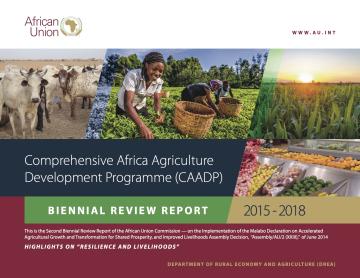****NVMA Calls for Urgent Action on Abattoirs
The Federal Government has reaffirmed its commitment to the development and sustainability of the livestock sector, recognizing its critical role in economic growth, food security, and employment creation.
The Minister of Livestock Development, Idi Maiha gave the assurance at the 2025 Annual Leadership Summit of the Nigerian Veterinary Medical Association (NVMA) in Abuja. Represented by the Chief Veterinary Officer of Nigeria, Dr. Columba Vakuru, Maiha highlighted the ministry’s efforts to transform the industry through strategic policies and stakeholder collaboration.
One of the administration’s landmark initiatives, he noted, is the establishment of the Federal Ministry of Livestock Development under President Bola Ahmed Tinubu.
‘The ministry was created to unlock the sector’s potential, address persistent farmer-herder conflicts, and ensure national food and nutritional security.”

According to the minister, the government is actively working with stakeholders to resolve long-standing challenges hindering the sector’s growth.
“The Ministry is working hard to bring about lasting solutions through a consultative and all-inclusive strategy. This requires good leadership, better governance, informed policies, and effective collaboration across all stakeholders,” he stated.
As part of its commitment, the ministry recently commissioned a 40-million-dose-capacity solar-powered National Strategic Vaccine Cold Room Storage in Abuja.
This facility, he said, will enhance the country’s ability to prevent, manage, and control livestock diseases, ensuring greater productivity and economic gains.
NVMA President, Dr. Moses Arokoyo, used the platform to stress the urgent need to address unhealthy conditions in abattoirs across Nigeria.
He described the deplorable state of slaughterhouses as a major public health risk, calling for immediate reforms to ensure food safety and hygiene.
“We must rise to condemn all unhealthy forms of protein production and slaughter in our abattoirs. The quackery and lack of regulation must stop. It is unsafe and unhealthy for us all,” Arokoyo warned.
He also raised concerns over the increasing threat of emerging and re-emerging zoonotic diseases, emphasizing that veterinarians must take the lead in disease control, food safety, and animal welfare.
“We live in a world where the rate of urbanization and human-animal interactions have led to frequent outbreaks of zoonotic diseases. Our role in raising awareness and ensuring public safety can no longer be handled with levity,” he stressed.
President of the Veterinary Council of Nigeria (VCN), Dr. Aishat Abubakar Baju, hailed the creation of the Ministry of Livestock Development as a bold step towards restructuring the industry. She assured that the council is committed to aligning with the government’s vision for livestock sector reforms.
“The establishment of the ministry and its implementation committee is a fantastic development. We at the council are committed to supporting the government to achieve its Renewed Hope Agenda for economic growth,” she said.
Keynote speaker, Dr. Junaidu Maina, Chairman of Danwaire Consulting Limited, underscored the need for veterinarians to take their rightful place in society.
He noted that the profession has made significant contributions to policy formulation, economic development, food security, and public health.
Maina called for better funding, research, and training to empower veterinarians and position them as key players in national development.
With the establishment of the Federal Ministry of Livestock Development, stakeholders agree that Nigeria is at a critical turning point in livestock industry reforms. However, they stressed that effective policies, stricter regulations, and active veterinary leadership are crucial to ensuring the sector’s long-term growth and sustainability.
As veterinarians commit to improving animal health, ensuring food safety, and combating zoonotic diseases, the government’s ability to implement meaningful reforms will be a key test of its commitment to Nigeria’s livestock transformation.




